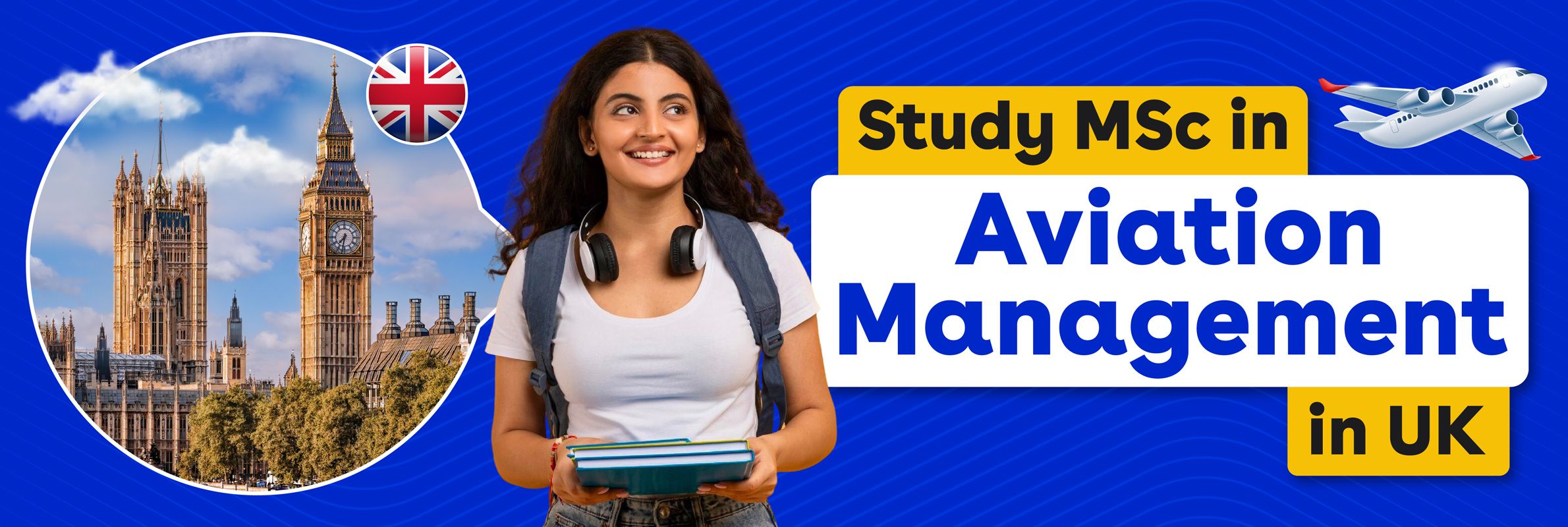Studying Aviation Management in today’s world means preparing for a career that connects people, places, and economies on a truly global scale. It is a field where the expertise you gain is recognized and valued far beyond the borders of any single country. Leading universities across the world that specialize in aviation work in close collaboration with airlines, airports, and aviation authorities. These partnerships ensure that students benefit not only from academic knowledge but also from practical exposure, industry projects, and strong employment networks.

